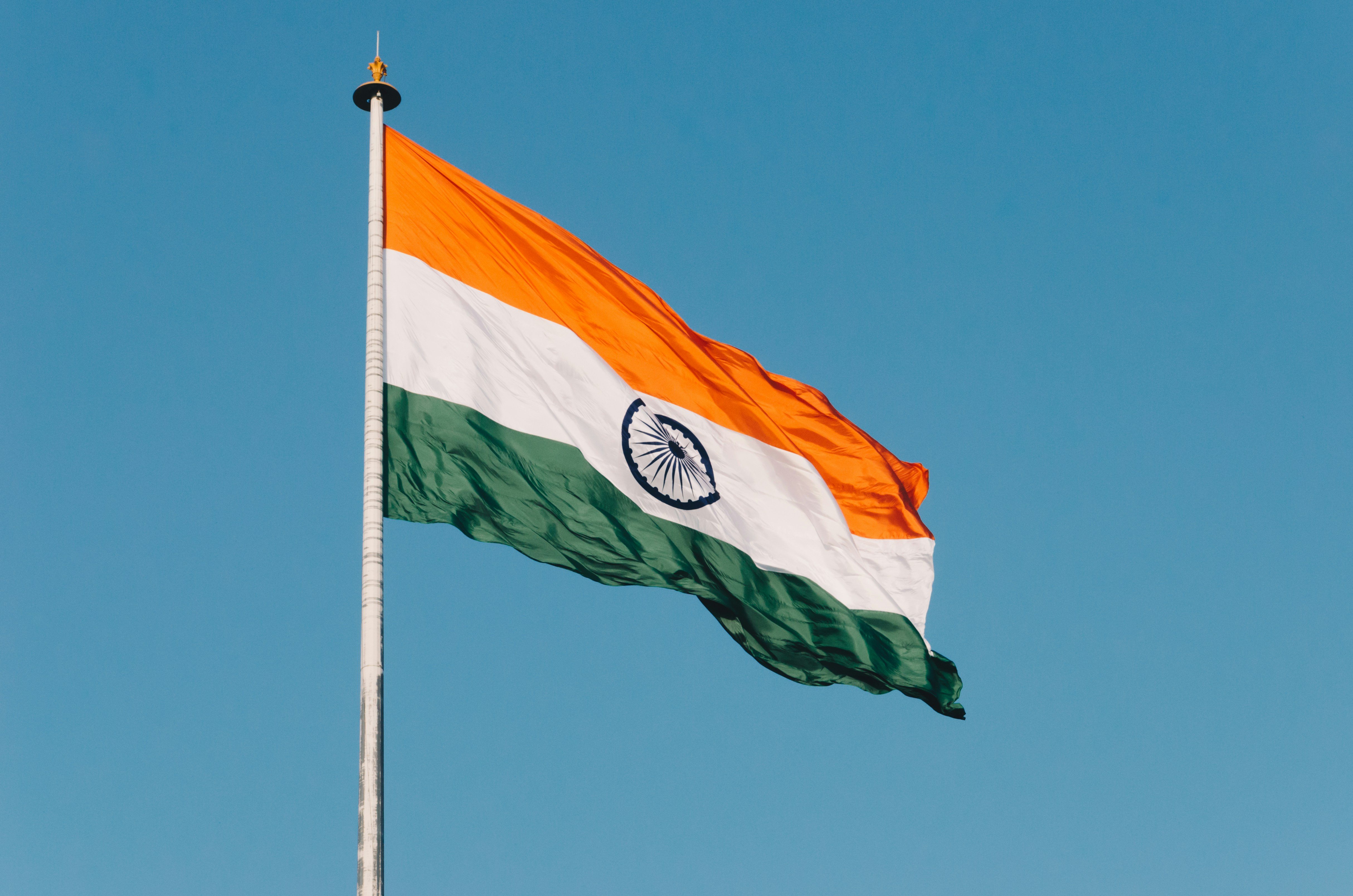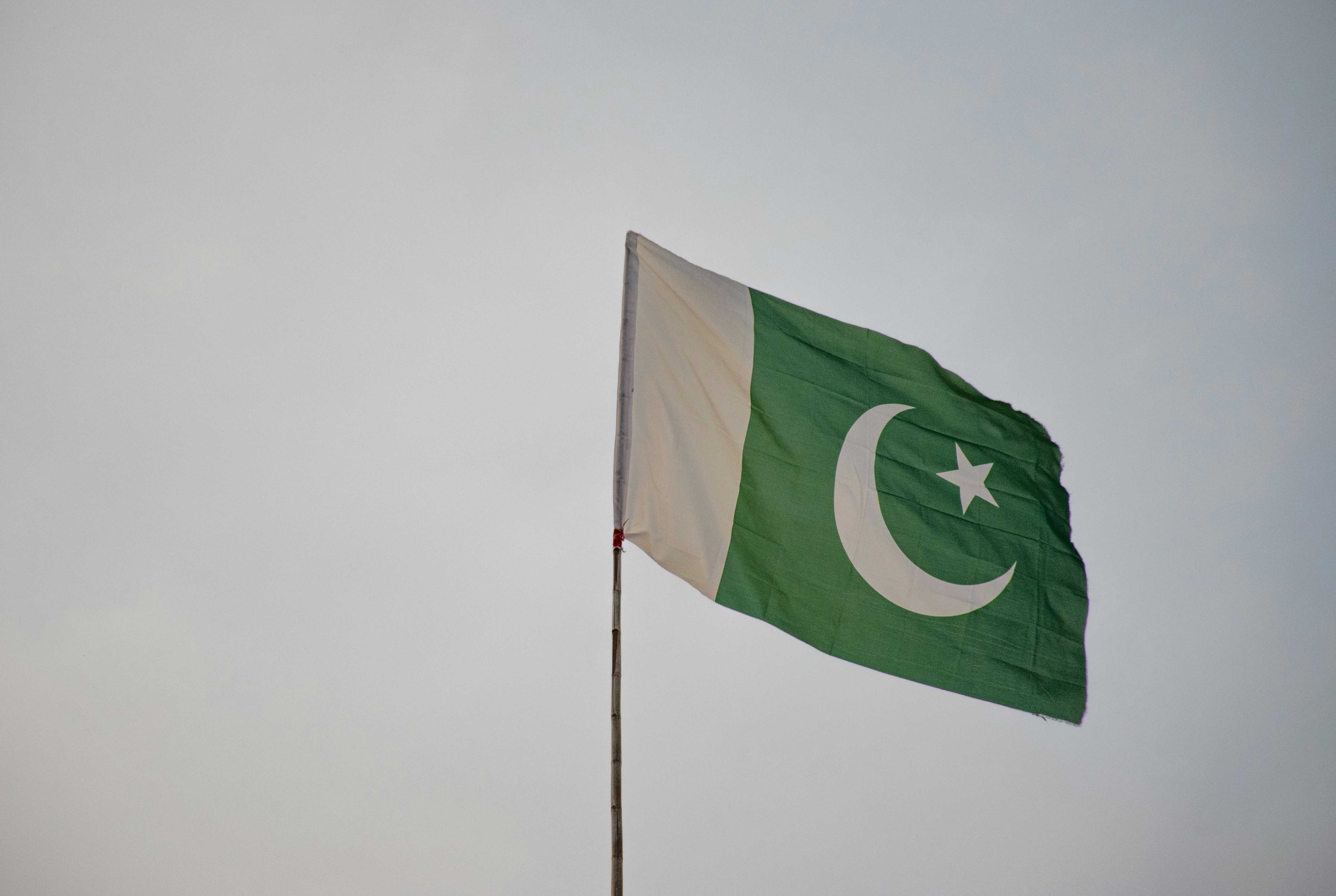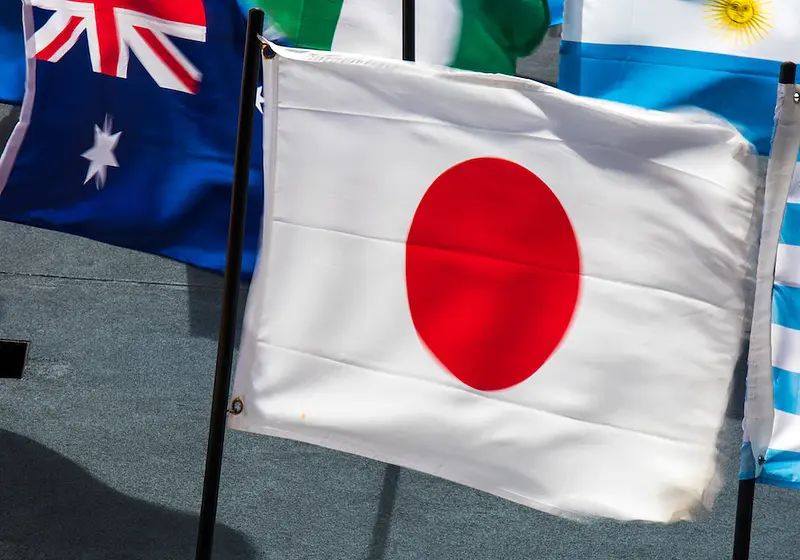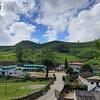In a shocking confession, Pakistan's Defense Minister, Khawaja Muhammad Asif, acknowledged that the country has supported terrorist groups for over three decades. He stated, "We have been doing the dirty work for the United States for about three decades...and the west, including Britain." Referring to Pakistan's involvement in the Afghan jihad. Back in the 1980s, During the Cold War, The U.S and Pakistan worked together to fight the Soviet Union. They helped train, and arm fighters to do so, some of which later became involved in terrorist groups.
Let us slide into your dms 🥰
Get notified of top trending articles like this one every week! (we won't spam you)International Reaction
Following this confession, many countries voiced their concern.
India has had a strained relationship with Pakistan for a while now, they strongly opposed the comments made. India's representative to the United Nations claimed Pakistan to be a "rouge state" that thrives in chaos and functions of foreign aid.
Other nations like the United States, France, and the United Kingdom, spoke up as well. They claimed Pakistan should and could strengthen their control over these terrorist groups in their borders, especially those already on a global watchlist.

Image Credit: Naveed Ahmed from Unsplash
Take the Quiz: What Kind of Political Personality Are You?
Ever wondered what role you’d play in the political world? Take this fun quiz to find out!
What Happened After The Confession?
In April of 2025, a fatal terrorist attack took place in Pahalgam, a town in Indian-Administered Kashmir. 26 civilians were killed, 25 of those being Hindu tourist, this made it one of the deadliest attacks in the recent years.
The Indian government blamed Pakistan based Islamist groups, According to a statement from India’s Ministry of External Affairs on April 23, 2025, they have intercepted communications and satellites to link these groups to training camps in Pakistan controlled areas.
Shortly after the confession, on May 7th, India targeted 9 different locations across Pakistan in retaliation of the attack.
While Pakistan played a central role in supporting Mujahideen in the 1980s with U.S assistance, some critics argue that this infrastructure has evolved into modern day extremist groups. However Pakistan has denied having any direct involvement with the groups.
It was claimed that these sites were "terrorist camps" or infrastructure, or places where attacks were premeditated. It was strongly stated that the attacks did not hit any Pakistani military facilities, claiming the attacks were measured. Asif told GeoTV that the strikes hit civilian areas, also adding that India's claim of "targeting terrorist camps" were actually false according to BBC News
These attacks reportedly killed over 2 dozen people, Pakistan in response closed its air space to Indian aircraft and stopped giving visas to Indian citizens. This conflict has raised concern over military conflict and a possible war.
Major Attacks Linked To Pakistan Based Terrorist Groups
There have been a number of attacks that have been linked directly or indirectly to groups operating in Pakistan or with origins there. The history of these attacks paints a picture of a long running conflict, where Pakistan based groups clash with India over issues like Kashmir. These attacks have led to a rise of military confrontation, often with Pakistan denying any direct involvement with the groups while India points out the presence of militant camps within Pakistan's boarders.
The 2001 Indian Parliament Attack
The December 13th, 2001, terrorist attack on the Indian Parliament in New Delhi, was a very significant event in the India-Pakistan conflict. Five heavily armed militants, allegedly members of Jaish-e-Mohammed(JeM), stormed the building, killing nine people including security workers.
The attack was almost a stimulant for a full blown war between the neighbors. India responded by mobilizing their troops on Pakistan's boarders, although diplomatic intervention from the international community prevented any escalation. Pakistan denied any involvement , though evidence linked the attackers to a camps in Pakistan Administered Kashmir.
The 2008 Mumbai Attacks
One of the most infamous attacks that has been linked to Pakistan based militants are the 2008 Mumbai Attacks, a coordinated assault, taking place on November 26-29, 2008 was carried out by 10 LeT(Lashkar-e-Taiba) members that targeted many locations across Mumbai including hotels, a train station, and a Jewish center. The Attackers entered the city by sea, and split into groups to attack multiple places.
The attacks were an attempt to destabilize the Indian government and target western interest. The attackers killed at least 175 people and wounded over 300 more. India's investigation, which was being supported by international agencies such as the FBI, pointed to LeT members organizing and planning the attack in Pakistan.
Despite being banned, LeT's leadership, including Zaki-ur-Rehman Lakhvi, remained operational within Pakistan's boarders. This attack caused severe damage to the relationship between India and Pakistan.
Training Camps and Terrorist Infrastructure in Pakistan
One of the most ongoing issues in this conflict is the presence of terrorist training camps inside Pakistan's boarders, more specifically in Pakistan-administer Kashmir and other regions bordering Afghanistan. These camps have been a central role for many terrorist organizations operating in South Asia, with Pakistan repeatedly being accusing of ignoring or harboring these groups.
Pakistan's role in creating and supporting terrorist goes all the way back to the 1980s, during the Afghan-Soviet War, when the allied with the United States to arm and train fighters to fight against Soviet forces. Some of these fighters would later create or join groups such as LeT and JeM.
Training camps are said to have a wide range or resources and services, from combat training to explosives, even ideological indoctrination that fuels militant actions in the region. These camps more often then not provide instruction on guerrilla warfare, suicide bombings, and urban terrorism tactics. Pakistan based militant groups have historically used religious schools as a front for recruiting, especially in areas like Punjab and Khyber Pakhtunkhwa.

Image Credit: Hamid Roshaan from Unsplash
Some of the most well known and infamous locations for these terrorist training camps include the following:
- Balakot (Khyber Pakhtunkhwa): The site of 2019 Indian airstrike. India claimed it destroyed a major Jaish-e-Mohammed training camp here. Pakistan denied the extent of the damage and said their were no casualties.
- Bahawalpur (Punjab): Considered the stronghold of Jaish-e-Mohammed, led by Masood Azhar, Bahawalpur is said to house many recruitment and training facilities for groups targeting India and Kashmir.
- Muzaffarabad and Kotli (Pakistan-administered Kashmir): These areas are considered the operational headquarters for numerous terrorist groups, including LeT and Hizbul Mujahideen, whom of which have been long accused of inciting violence in Kashmir.
While Pakistani officials have continued to deny any direct involvement with these groups, the international community and India have time and time again called out the presence of these groups as proof of Pakistan's failure to prevent terrorism. Despite organizations like LeT and JeM being banned, critics argue Pakistan has failed at fully dismantling the infrastructure or pushing back on the leaders of these groups.
Pakistan has launched many counterterrorism operations within the last decade, including Zarb-e-Azb and Radd-ul-Fasaad, which have targeted militant strongholds in tribal areas and FATA( Federally Administered Tribal Areas). Questions still remain about the effectiveness of these efforts, as many of these groups despite being banned just moved to another location or rebranded.
Final Thoughts
This conflict is still on going and complex, the confession of Pakistan's Defense Minister has raised global concern especially after the deadly attack in Kashmir. India blames Pakistan based groups, while Pakistan Denies having any involvement with them. While Pakistan has taken steps against terrorism, many believe they have not taken enough. With a lack of communication and real action the threat of escalation still lingers.














